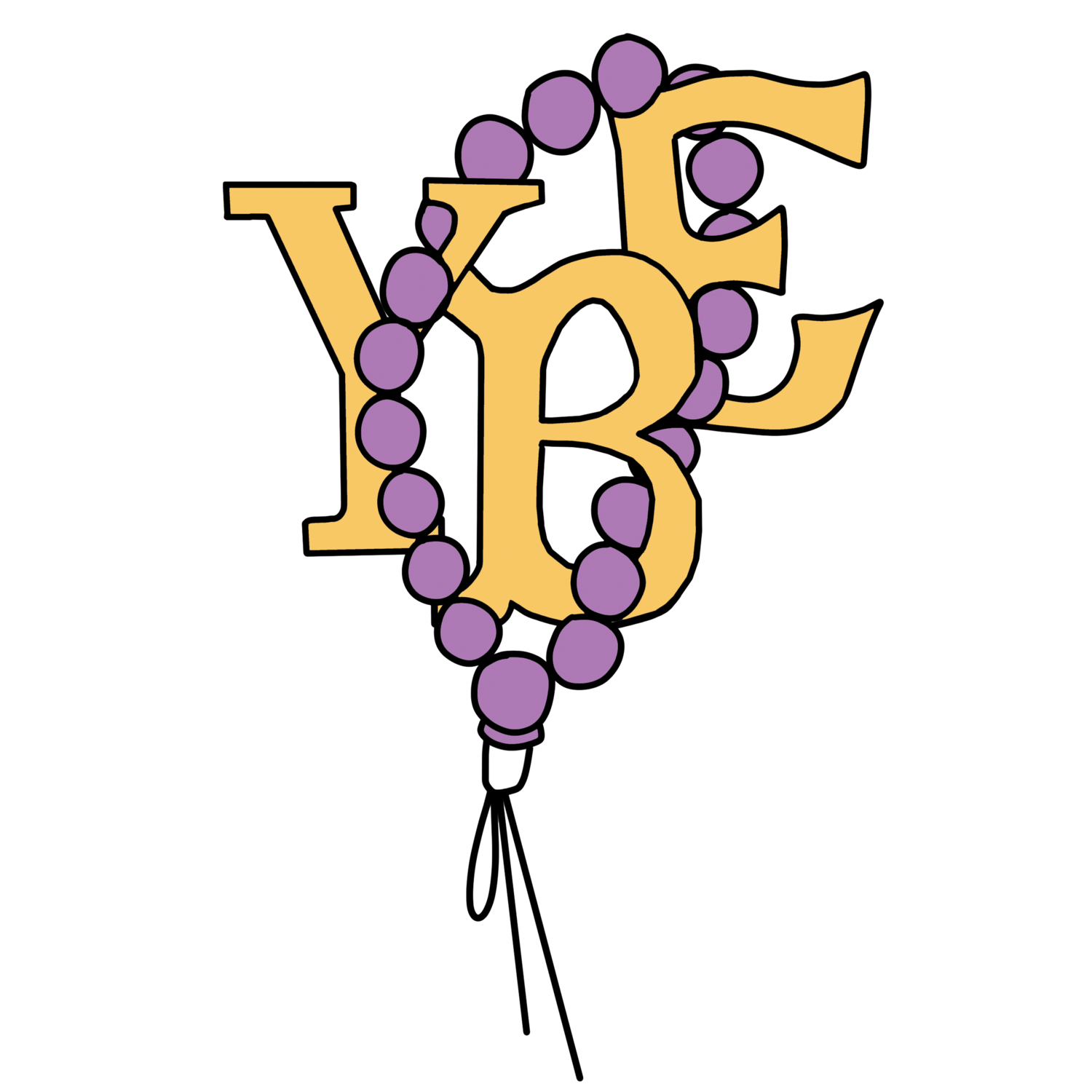Practicing EcoDharma everyday through Mottainai
Simple practices for reducing waste in a culture of mass-consumption
By Allison Tanaka | She/Her/Hers | Seattle Betsuin
Growing up, my family always told me not to waste— to not leave untouched rice in my bowl or throw away a cardboard box when it could be repurposed elsewhere or recycled. These habits of always considering how to reuse something before throwing it in the landfill were adopted by my parents from their parents and naturally have become part of my everyday actions.
Mottainai has been translated to “Don’t waste what is valuable” or “Every little thing has a soul.” The concept is deeply rooted in Japanese culture and originated from a time when items, handcrafted from natural resources, were used, reused, and repurposed in respect to nature and quality craftsmanship.
Here’s some ways you can practice Mottainai (inspired by my parents and grandparents):
Always pack leftovers to save for later
Reuse plastic containers, bags, paper goods
Save small boxes to store and organize items
Take advantage of compost or organic waste bins
Wash ziploc bags/bread bags and reuse
Use old t-shirts as rags or towels
Use both side of paper before recycling
When waiting for water to heat up, place a bucket under the shower head or faucet and use it to water plants
Use up ingredients in the fridge by adding them into dishes they are normally not in (e.g., add leftover cabbage into curry or soup)
Thrifting or buying items on sale rather than buying what is newly produced
Like any other environmentally friendly practice, Mottainai is not a set of rules and is not meant to restrict us. I like to think of Mottainai as healthy actions to express our appreciation for the things we have and our Earth’s generous resources. Feel free to adopt any of the practices above or reflect on some simple practices in your own life.
If you would like to read more about the history of Mottainai, check out this article: https://japanobjects.com/features/mottainai
